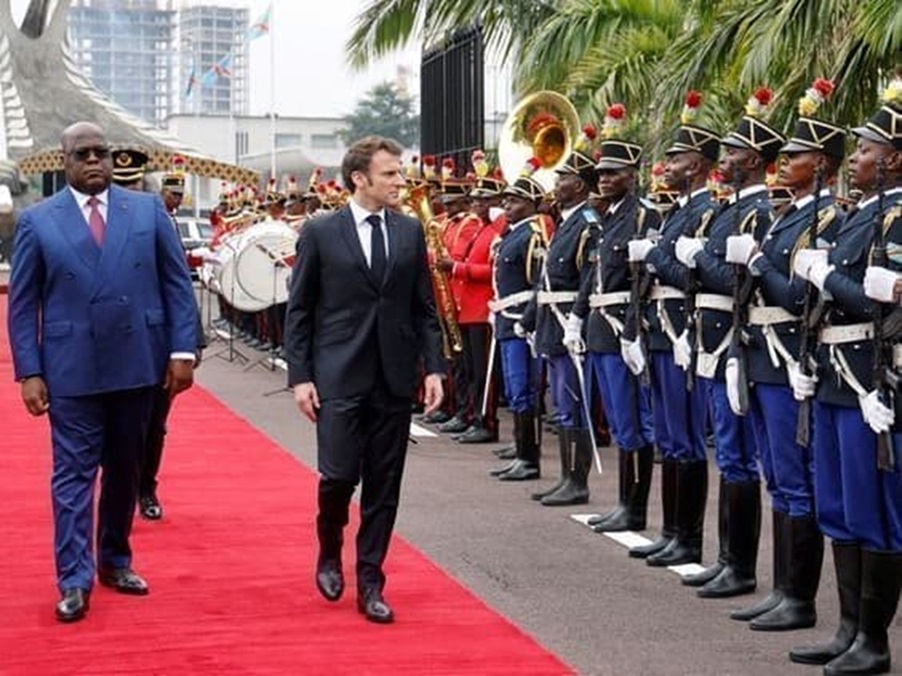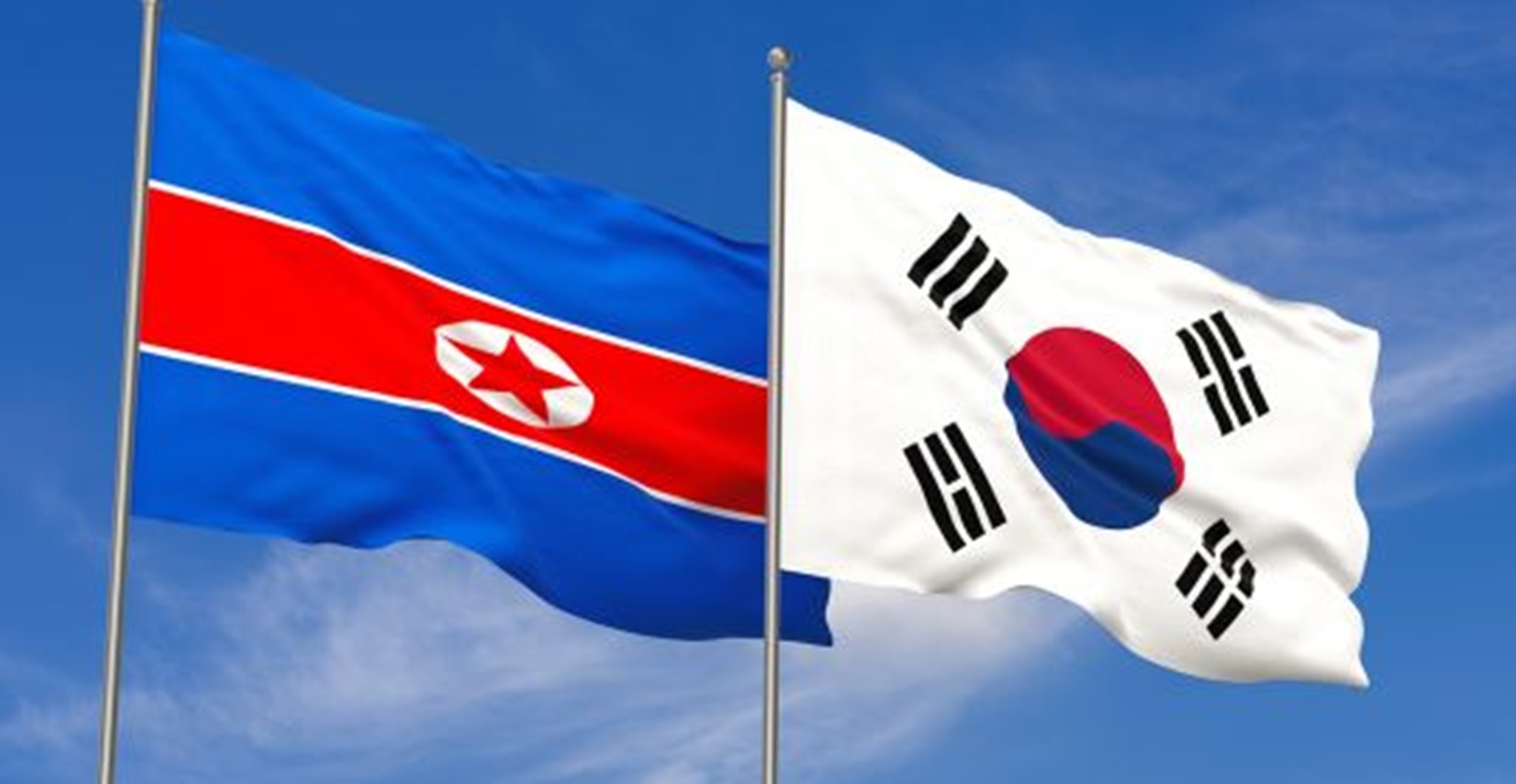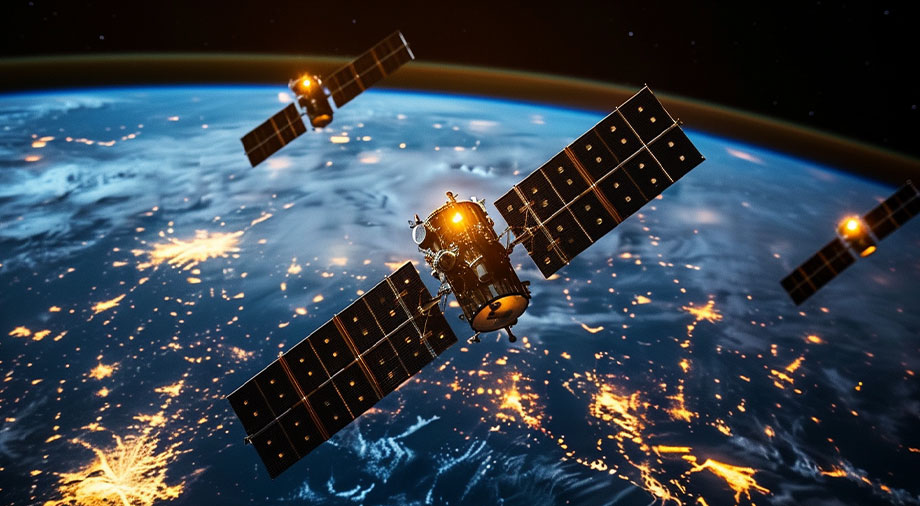France’s decision to withdraw its troops from Mali in 2022 marked a turning point in its military commitment to the region and acutely raised the question of its role in the EU’s African policy. Following profound disagreements with the Malian military junta over the duration of the political transition and cooperation with the Wagner Group, a Russian paramilitary force, France announced in February 2022 the withdrawal of its troops deployed as part of Operation Barkhane and the Takuba force.
This withdrawal comes after nearly 10 years of massive French commitment in the Sahel, at the cost of human lives, to fight jihadist groups alongside local forces. However, the stalemate of the French commitment and the persistence of insecurity have fueled a growing anti-French sentiment in the region. The forced departure from Mali therefore poses a strategic challenge for France, whose political and military influence in Africa is being challenged. In this context, the European Union is trying to develop its own strategy in Africa, positioning itself as a credible partner in terms of security, economic and political. Can France agree to share its African backyard with its European partners, while external powers such as Russia and China extend their influence? What role does it want and can it still play on this continent which was historically its hunting ground? This questioning of France’s place in an increasingly multipolar Africa is at the heart of current thinking on the EU’s African policy.
This withdrawal comes after nearly 10 years of massive French commitment in the Sahel, at the cost of human lives, to fight jihadist groups alongside local forces. However, the stalemate of the French commitment and the persistence of insecurity have fueled a growing anti-French sentiment in the region. The forced departure from Mali therefore poses a strategic challenge for France, whose political and military influence in Africa is being challenged. In this context, the European Union is trying to develop its own strategy in Africa, positioning itself as a credible partner in terms of security, economic and political. Can France agree to share its African backyard with its European partners, while external powers such as Russia and China extend their influence? What role does it want and can it still play on this continent which was historically its hunting ground? This questioning of France’s place in an increasingly multipolar Africa is at the heart of current thinking on the EU’s African policy.
France’s Traditional Military and Economic Presence in Sub-Saharan Africa
Sub-Saharan Africa has historically played a central role in French foreign policy, due in particular to the importance of its colonial empire in West and Equatorial Africa. After independence in the 1960s, France sought to maintain a sphere of influence over its former colonies through various military, economic and cultural arrangements. Militarily, France currently has around 4,500 soldiers permanently deployed in Africa, mainly in the Sahel (Operation Barkhane, Takuba), in Djibouti, Côte d’Ivoire and Gabon. It has signed defence agreements with some twenty African countries. In 2022, it announced the withdrawal of its troops from Mali after nine years of fighting jihadist groups. Economically, 14 African countries still use the CFA franc pegged to the euro.
France accounts for about 10% of the continent’s trade. French groups such as Bolloré, Orange, TotalEnergies and Vinci are heavily implanted in Africa. This policy has resulted in numerous direct French military interventions in support of allied regimes in Chad, the Central African Republic, Côte d’Ivoire and Mali since 2013. But anti-French resentment is growing in the face of interventions seen as neocolonial. The forced withdrawal from Mali in 2022 thus marks the limits of this traditional policy.
Towards a Common African Policy for the European Union
In recent years, the European Union has been trying to position itself as a key player in Sub-Saharan Africa, alongside the national policies of member states such as France and the United Kingdom. Under the impetus of the Von der Leyen Commission, the EU adopted a new ambitious strategy with Africa in March 2020.
It identifies five priority partnerships: the green transition, digital transformation, sustainable growth and jobs, peace and governance, migration and mobility. The objective is to move from a relationship mainly based on development aid to a real mutually beneficial economic partnership. Specifically, the EU is mobilizing substantial funding of more than 20 billion euros over the 2021-2027 period under the Neighborhood and Development Cooperation Instrument. A new Africa-Europe Alliance for Sustainable Investment was also launched in 2020, aiming to jointly mobilize 150 billion euros by 2030.
The EU is also negotiating continent-to-continent free trade agreements (ALECAs) with different African regional economic communities, modelled on the economic partnership agreement signed with the Caribbean in 2020. Negotiations are underway in particular with ECOWAS. On the security front, the EU is gradually investing alongside France’s national efforts. In 2020, it launched the Takuba initiative to support Malian forces in the Sahel, involving a dozen European countries. It has also created a rapid military deployment capability of 5,000 troops for missions in Africa. However, strategic differences exist between member states.
France advocates a robust stance in the face of security risks and authoritarian regimes, while Germany and others favour political dialogue and a development approach. This lack of consensus undermines the emergence of a true common African policy. Coordination is gradually improving, as illustrated by the recent joint tour of Africa by the French and German foreign ministers in April 2022. But there is still a way to go before the EU manages to speak with one voice in Sub-Saharan Africa and effectively coordinate its actions with the main member states historically engaged on the continent.
Franco-German Rivalry for influence in Sub-Saharan Africa
Historically, France enjoyed a dominant position in Sub-Saharan Africa, inherited from its colonial past. But in recent years Germany has also tried to establish itself as an essential power in the region. This Franco-German rivalry is hampering the emergence of a genuine common African policy for the European Union.
Divergent relations with Russia and China
France is wary of Russia and China’s growing foothold in Africa, which it sees as a threat to its strategic and economic interests. It strongly criticizes the use of mercenaries from the Wagner Group, reputedly close to the Kremlin, by many African regimes. Paris also regularly denounces the risk of “neo-colonialism” in China on the continent. Germany adopts a more nuanced and pragmatic position. It engages more with Moscow and Beijing and refuses to systematically condemn their role in Africa. Berlin believes that Chinese investments can also present opportunities for local development. This more conciliatory approach allows it to maintain good trade relations with China, its number one partner but annoys France.
EU-AU summits where France keeps a low profile
At major summits between the European Union and the African Union, France usually keeps a very low profile while Germany ostentatiously positions itself as the European leader. At the last summit in February 2022, it was Chancellor Scholz accompanied by President von der Leyen who represented Europe. France had only sent its Foreign Minister Jean-Yves Le Drian. Some analysts see this as a lack of respect for France’s historical role and interests in Sub-Saharan Africa. Especially after Senegal and the DRC recently called for an end to French neo-colonial domination of the continent. Paris fears being sidelined in favour of German European initiatives.
A very offensive German diplomacy
In recent years, Germany has multiplied high-level diplomatic initiatives towards Sub-Saharan Africa, taking advantage of the relative decline in French influence. Angela Merkel had thus visited Senegal, Angola and Niger in 2018. In early 2022, new Chancellor Scholz toured Senegal and South Africa. Germany is making progress on the continent by emphasizing its model as a commercial power that does not seek to impose political dictates. It can rely on the dynamism of its investors, its political foundations and the growing role of its African diaspora to establish its grip.
Africa, a Strategic Asset for Emerging Powers
Sub-Saharan Africa arouses growing interest from major emerging powers such as China, Russia, and to a lesser extent India and Brazil. These countries find both indispensable trade outlets for their growth and privileged access to the continent’s many natural resources.
China, the continent’s top investor and creditor
In the space of 20 years, China has become Africa’s leading trading partner, ahead of Europe. Its direct investments have jumped from just $7 billion in 2008 to more than $40 billion in 2020! China has also become the leading creditor to many African countries, lending them more than $150 billion since 2000. This growing financial grip of Beijing on fragile states worries the West, especially since Chinese loans come with the guarantee of privileged access to local natural resources. Some observers fear Chinese “neo-colonialism”, although these fears are qualified by many African experts.
Russia, the new giant of arms and mercenaries
For its part, Russia has signed military cooperation agreements with more than 30 African countries over the past decade. It has become the continent’s leading arms supplier, even supplanting France and China. In addition, the Wagner Group now provides mercenaries to a dozen African regimes, allowing Moscow to quickly and cheaply extend its political influence.
India and Brazil, still limited ambitions
India and Brazil are also starting to increase their economic and political presence in Sub-Saharan Africa, although to a much lesser extent than China or Russia. Two motivations guide them: diversifying their supplies of raw materials and natural resources, and promoting their common culture as an emerging power of the global South.
But their means of action remain limited for the moment. Faced with this new competitive environment in Africa, it is therefore crucial that the European powers closely coordinate their actions, overcoming counterproductive rivalries such as those between France and Germany. France must accept sharing its influence with its EU partners, in the common interest in the face of the rise of external actors.
Conclusion
Militarily, France can no longer intervene alone but must act in concert with its European, African and UN partners. It must focus on targeted missions to combat terrorism, in close coordination with local forces. Political dialogue and concrete cooperation must take precedence over power plays. Culturally, France has assets to leverage through the spread of the French language and can strengthen ties with its large and dynamic African diaspora.
At the same time, it must actively combat racism and discrimination against Africans, to move beyond the post-colonial logic and build a real relationship of equals. A rebalancing is needed but France retains vital interests in Africa. Provided it thoroughly revises its policy, it can remain an essential partner by bringing all its expertise in areas such as education, culture and security. The relationship must however evolve towards greater mutual respect and real co-development between France and Africa. The meteoric rise of Russia and China poses a major challenge for France in Sub-Saharan Africa.
Beijing has become the region’s leading economic partner, with trade exceeding $200 billion. Chinese direct investment has soared to over $40 billion per year. China is also the leading creditor to many African countries, reinforcing its grip. On the Russian side, the Wagner Group now provides mercenaries to a dozen African regimes and Moscow has become the continent’s leading arms seller. Faced with this offensive, France sees its influence permanently undermined.
Its model of development aid and military cooperation is undermined. Its share in Sub-Saharan Africa’s foreign trade has fallen to less than 10%. And the upcoming arrival of the other BRICS – India, Brazil and South Africa – portends further challenges. To retain its role in Africa, France now has no choice but to thoroughly rethink its strategy on this continent.
Disclaimer: The views and opinions expressed by the author do not necessarily reflect the views of the Government of India and Defence Research and Studies
Title image courtesy: Oil Price
Références :
1-Chafer, T. (2022). France in Africa: the end of hegemony?. African Affairs, 121(483), 353-370.
2-Boutellis, A., & Faleg, G. (2022). Responding to the Wagner Group in Africa: Approaches for the EU and its member states. International Peace institute.
3-Bénassy-Quéré, A. (2021). France’s changing economic positioning in Africa. Institut Montaigne.
4-Meimon, J. (2020). Que reste-t-il de la «Françafrique»?. Politique étrangère, (2), 99-112.
5-Bergamaschi, I., & Tickner, A. B. (2019). French and EU initiatives in the Sahel: potential clashes ahead. Norwegian Institute of International Affairs.
6-Bossuat, G. (2019). France-Afrique: view from Germany. The International Spectator, 54(1), 70-80.
7-Chafer, T. (2019). Franco-African relations: no longer exceptional?. Modern & Contemporary France, 27(1), 77-94.





